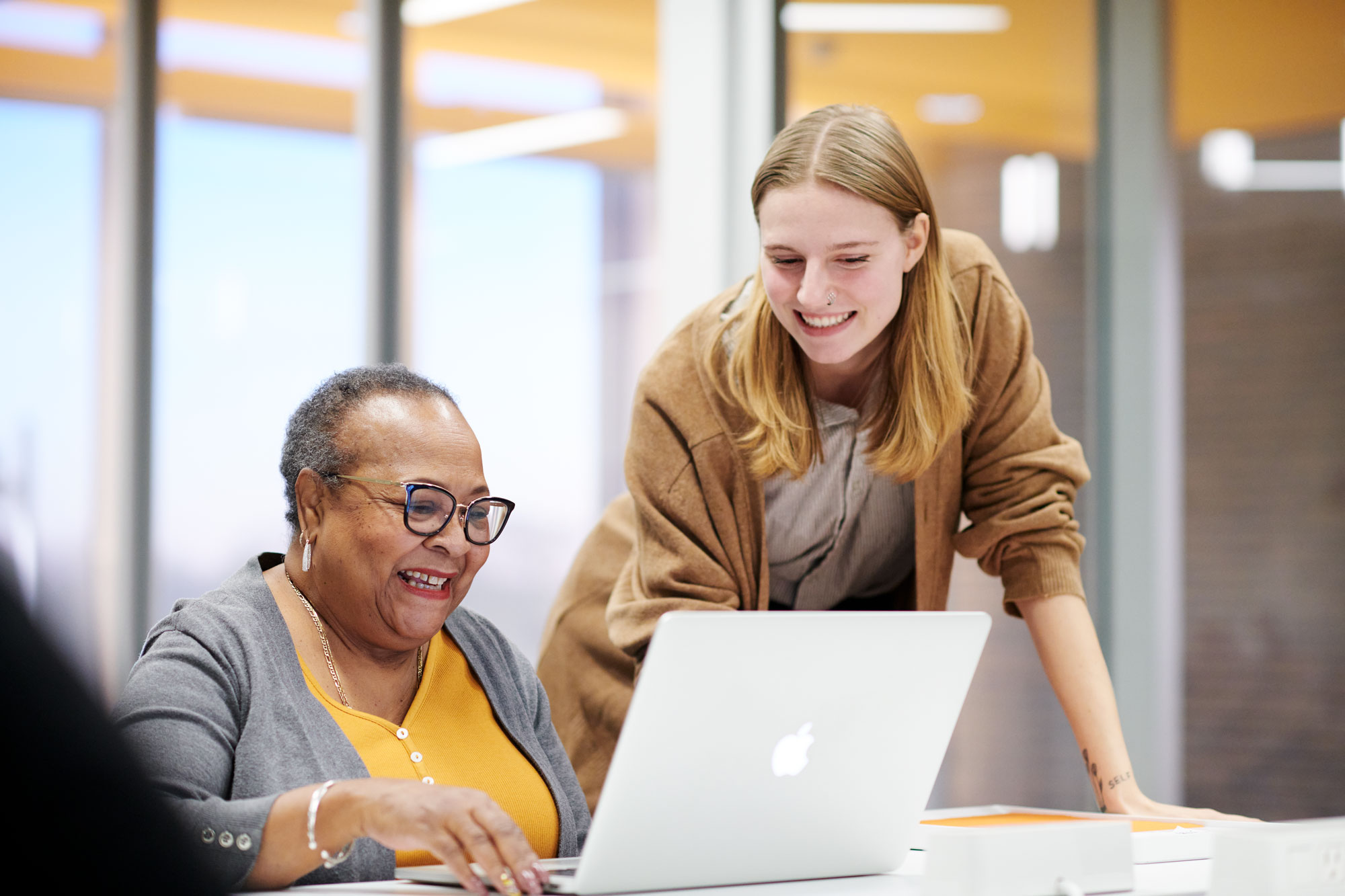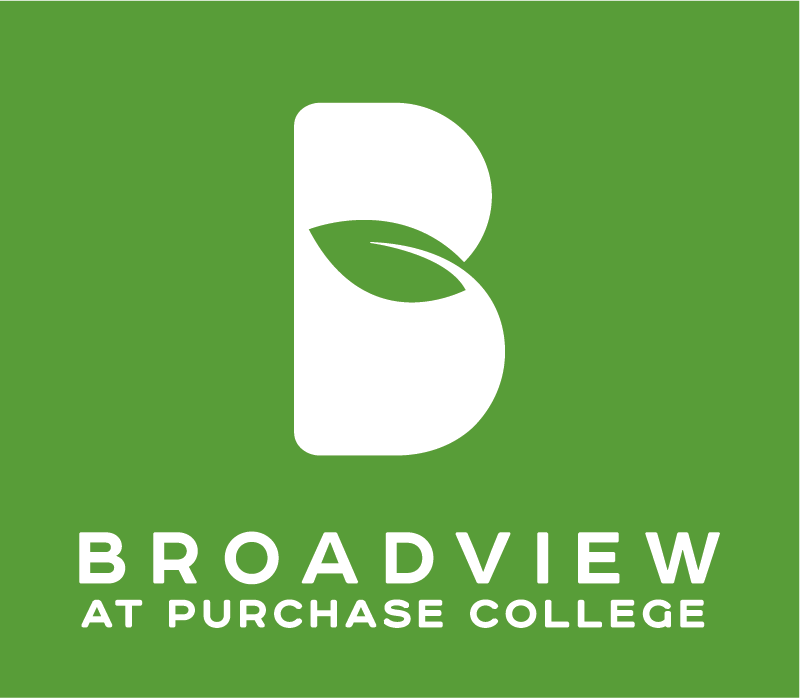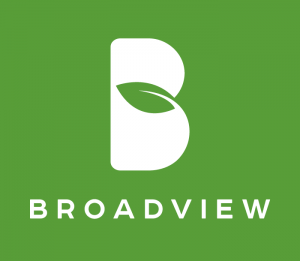
The Benefits of Intergenerational Relationships for Seniors
How do we make each other better?
In many ways, a university-based retirement community such as Broadview is a bold vision. It’s an attempt to break down stereotypes, strengthen intergenerational relationships and disrupt stereotypes of age — and youth. The greatest lessons are not to be had in the classroom. They will happen one-to-one, and one by one. When we have conversations about our differences and similarities, when we can learn from each other’s pasts, fully know the present, and imagine a future together — that’s when we create change.
Here’s how we hope a future conversation might sound at Broadview.
Senior: Let’s just get it out there. What do you and your friends think about seeing old people like me on campus?
Student: Wow. Well, it’s like we just escaped from our parents and grandparents. And then, boom. Here you are.
Senior: I felt like that would be the general reaction. I mean, I just wasn’t sure if someone in their 20s would want to talk to someone in their 70s.
Student: Likewise. Why would you want to hang out with me? But when we met, we clicked right away.
Senior: I think it’s because we don’t have baggage with each other.
Student: We’re both trying to figure life out. It’s good to have a friend with experience.
Senior: Someone well-informed? More helpful? A good influence? That sounds old-fashioned!
Student: Maybe. Some of that is ok. I never thought much about the kinds of lives or careers you and your friends had. It was kind of surprising to hear your stories. It opened my eyes a little. You’ve broken down barriers for me.
Senior: I’m glad to hear that. At my age, I feel I’ve been through a lot and have a lot of knowledge that could be useful. I want to share it. Why should you have to suffer through all the mistakes I made?
Student: I’m ok with making my own mistakes! Life is different now than it was for you back in your day.
Senior: Don’t get me wrong. I understand things are different now. But those big social issues my generation struggled with, they’re still around. Poverty. Racism. Pollution. We fought a lot of it. Who’s to blame? What should be done? We can argue about that till the cows come home, but what good would that do? It’s important to find common ground.
Student: We can try.
Senior: We’re not going to get anywhere if we stop. We have to keep pushing ahead and being okay with being uncomfortable, and with what we don’t know. Learning is part of that. It keeps your mind active. It keeps you engaged, challenged.
Student: This intergenerational thing, having a senior living community on campus, I know it makes financial sense for the college. But when I heard about programs that brought students and seniors together, I couldn’t see what was in it for me. I took part because I had to. But this has turned out to be much better than I thought it would be.
Senior: What are you getting out of it?
Student: After a while, I realized I was stereotyping older people. We live in an ageist society, there’s no getting around that. I started to wonder how I was contributing to that way of thinking. It’s not what I’m about. I’m proud to be at Purchase College, because when you look around, you see that learning isn’t about shutting people out. It’s about letting people in.
Senior: Purchase College has always supported lifelong learning – in fact there’s a history of seniors attending classes here. So, when I heard about Broadview, a community where I can actually live on the campus? Be part of all this energy, learning and creativity? I felt excited.
Student: Not to be disrespectful, but sometimes an older person in class changes what happens. They talk or ask questions that take the class off on a tangent. It’s stressful for other students who want to get through the material.
Senior: That’s good to know. I never saw it that way before. I can’t speak for everyone in my age group, but for me, there’s more to it than just getting through the material.
Student: What do you mean?
Senior: For some older people, because of when and where we grew up, we missed out.
Student: I can relate to that.
Senior: One of the biggest things for me, I think, is that I get another chance. When I was in college, there were a lot of things I didn’t think I was good at that I am now. And now there are subjects that weren’t around back then: Gender Studies, Global Black Studies, New Media.
I’d kind of like to see what they’re about.
Student: Why? You’ve lived through a lot of history that I’ve only read about.
Senior: That’s true. We can look back together. But you know what’s better? Looking at the world through your eyes. Creating art with you and your friends at the Makerspace in the Learning Commons. Seeing you make music and perform. Seeing all your success. Watching you push the boundaries.
Student: Putting myself out there for people who aren’t just my professors or friends is tough. You’re a different kind of audience.
Senior: Are you saying that I keep you on your toes? That’s funny, because I never know what I’m going to learn when I talk to you and your friends. It keeps me on my toes.
Student: I’m all right with that.
Senior: This was interesting.
Student: See you in class.


